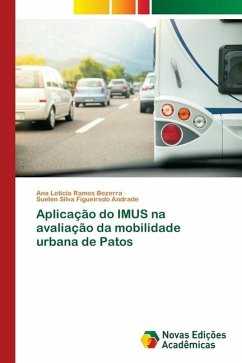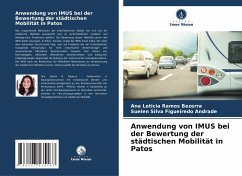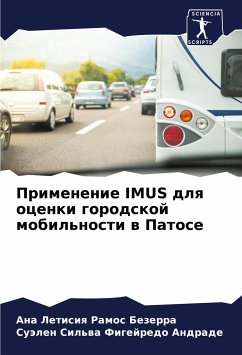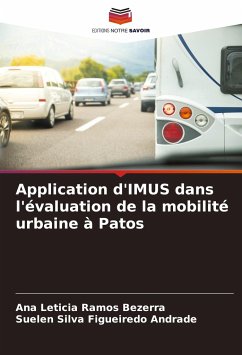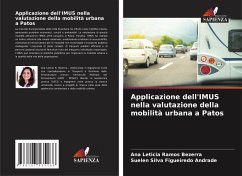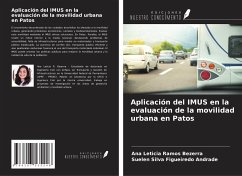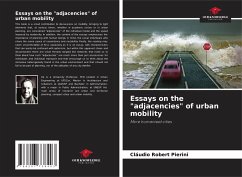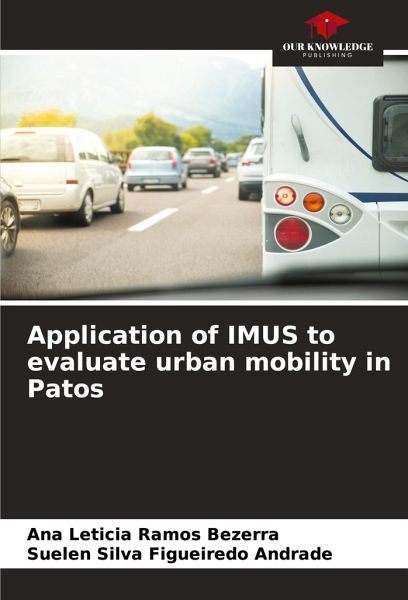
Application of IMUS to evaluate urban mobility in Patos
Versandkostenfrei!
Versandfertig in 6-10 Tagen
40,99 €
inkl. MwSt.

PAYBACK Punkte
20 °P sammeln!
The disorganized growth of Brazilian cities has affected urban mobility, generating economic, social and environmental problems. Evaluating this mobility through the IMUS offers solutions. In Patos, Paraíba, the IMUS revealed an index below the national average, highlighting problems of accessibility, lack of infrastructure for non-motorized modes and inadequate public transport. The lack of bike lanes, efficient public transport and pedestrian-only streets favors the use of individual motorized transport. The IMUS can guide public policies to improve urban mobility and the population's quali...
The disorganized growth of Brazilian cities has affected urban mobility, generating economic, social and environmental problems. Evaluating this mobility through the IMUS offers solutions. In Patos, Paraíba, the IMUS revealed an index below the national average, highlighting problems of accessibility, lack of infrastructure for non-motorized modes and inadequate public transport. The lack of bike lanes, efficient public transport and pedestrian-only streets favors the use of individual motorized transport. The IMUS can guide public policies to improve urban mobility and the population's quality of life.





